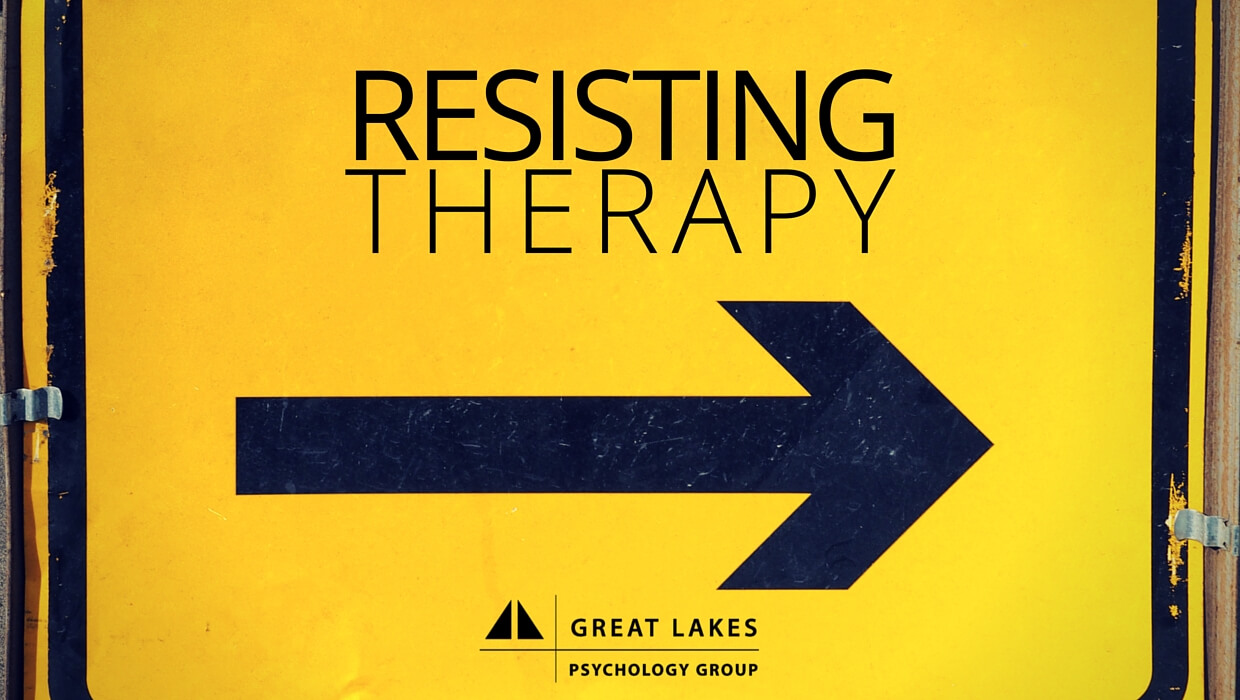Many people don’t realize that The Perils of Armchair Psychology: 10 Reasons to Resist the Temptation can make life easier.
This article will cover everything you need to know about The Perils of Armchair Psychology: 10 Reasons to Resist the Temptation.
Keep reading to find out how it all works!
By the end of this article, you’ll understand the best ways to use The Perils of Armchair Psychology: 10 Reasons to Resist the Temptation to your advantage. So, make sure to read until the end!
The Perils of Armchair Psychology: 10 Reasons to Resist the Temptation

Armchair psychology, the practice of making psychological assessments and diagnoses without formal training, has become increasingly prevalent in today’s digital age. While it may seem harmless to indulge in casual psychological observations, this practice can have serious consequences. Here are 10 reasons why you should resist the temptation to become an armchair psychologist:
- Exceptional Comfort And Style: The Unrivaled Barbara Barry Armchair
- 5 Essential Dining Armchairs That Elevate Your Dining Experience
- Indulge In Comfort: The 7 Best Armchairs For Ultimate Relaxation
- Wing Armchair: A Timeless Classic
- 10 Stunning Dining Armchairs To Elevate Your Dining Experience
-
Lack of Expertise: Armchair psychologists lack the extensive education and training required to make accurate psychological assessments. They rely on limited knowledge and personal experience, which can lead to flawed conclusions.
-
Misdiagnosis: Armchair psychologists often misinterpret behaviors and symptoms, leading to incorrect diagnoses. This can have detrimental effects on individuals who may be struggling with mental health issues.
-
Unfair Labeling: Armchair psychologists tend to label individuals based on superficial observations, which can be harmful and stigmatizing. They may assign traits or disorders without considering the full context of the person’s behavior.

-
Oversimplification: Armchair psychology often reduces complex psychological phenomena to simplistic explanations. This can overlook important factors and lead to inaccurate conclusions.

Unverified Information: Armchair psychologists often rely on unreliable sources of information, such as social media and popular psychology books. This can result in spreading misinformation and perpetuating harmful stereotypes.
-
Personal Bias: Armchair psychologists are prone to personal biases and preconceptions, which can influence their interpretations of behavior. This can lead to inaccurate or unfair assessments.
-
Harmful to Relationships: Armchair psychology can damage relationships by creating distrust and misunderstandings. It can lead to conflict and resentment when individuals feel judged or labeled.
-
Erosion of Professionalism: The rise of armchair psychology undermines the credibility of licensed psychologists and mental health professionals. It creates a false sense of expertise and devalues the importance of formal training.
-
Self-Diagnosis Trap: Armchair psychology can lead to self-diagnosis, which can be dangerous and counterproductive. Individuals may misinterpret their symptoms and self-medicate, potentially harming their health.
-
Ethical Concerns: Armchair psychology raises ethical concerns as it violates the principle of informed consent. Individuals may not be aware that they are being subjected to psychological assessment, which can compromise their privacy and well-being.
Related Articles: The Perils of Armchair Psychology: 10 Reasons to Resist the Temptation

In conclusion, while it may be tempting to engage in armchair psychology, it is a dangerous and unethical practice. It lacks scientific rigor, can lead to misdiagnosis and unfair labeling, and undermines the credibility of mental health professionals. Resist the urge to become an armchair psychologist and seek professional help if you or someone you know is struggling with mental health issues.

Closure
Thus, we hope this article has provided valuable insights into The Perils of Armchair Psychology: 10 Reasons to Resist the Temptation. We thank you for taking the time to read this article. See you in our next article!
Click for more about >> The Perils of Armchair Psychology: 10 Reasons to Resist the Temptation